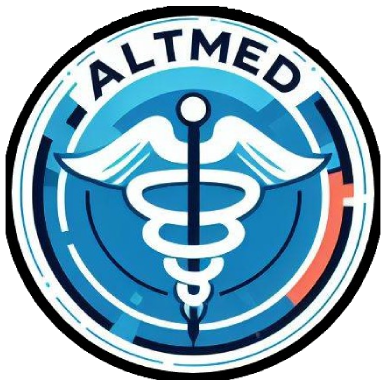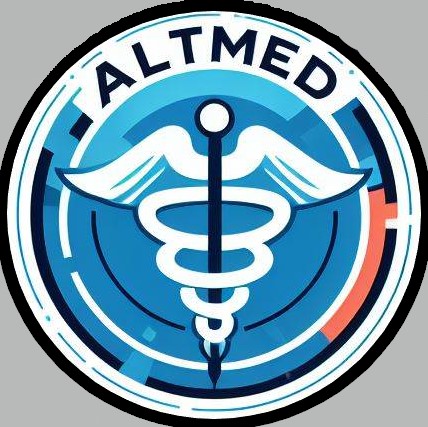Introduction:
In a 2023 study published in Epilepsia Open, Gaston et al. provided a comprehensive analysis of potential drug-drug interactions (DDIs) between highly purified cannabidiol (CBD) and anti-seizure medications (ASMs) within an open-label expanded access program. This research offers critical insights into optimizing CBD use in epilepsy management while mitigating risks.
Key Points:
- Study Design: The expanded access program included patients with epilepsy who used purified CBD alongside their regular ASMs. The analysis focused on identifying clinically significant pharmacokinetic and pharmacodynamic interactions.
- Findings:
- Interactions with Clobazam: CBD increased plasma levels of its active metabolite, N-desmethylclobazam, necessitating dose adjustments to minimize sedation.
- Interactions with Valproate: Combined use was associated with an elevated risk of hepatotoxicity, highlighting the need for liver function monitoring.
- Other ASMs: Interactions with other ASMs were less pronounced but varied depending on individual patient metabolism.
- Clinical Implications:
- Regular monitoring of serum levels for both CBD and concomitant ASMs is essential.
- Adjustments to ASM dosages may be required to maintain therapeutic efficacy and safety.
- Safety Profile: While CBD was generally well-tolerated, adverse effects such as drowsiness, fatigue, and gastrointestinal symptoms were noted in cases of drug interaction.
The VitalPoint for Providers:
This study underscores the importance of a personalized approach when integrating CBD into epilepsy treatment plans. Monitoring for DDIs, especially with clobazam and valproate, is essential to optimize therapeutic outcomes and minimize adverse events.
Learn More:
- Access the full study: https://doi.org/10.1002/epi4.12815
- Clinical guidelines for CBD use in epilepsy: https://www.ilae.org

